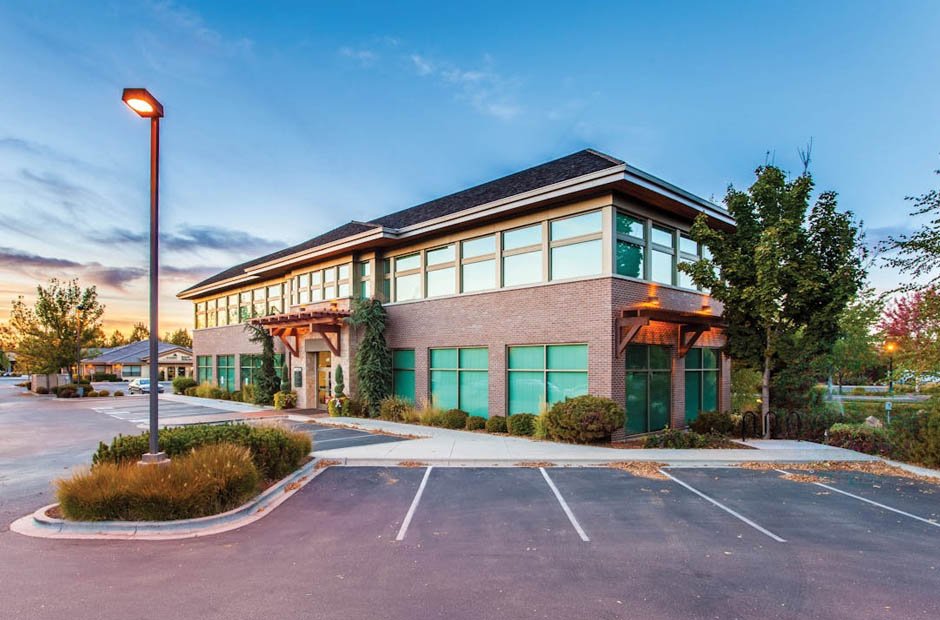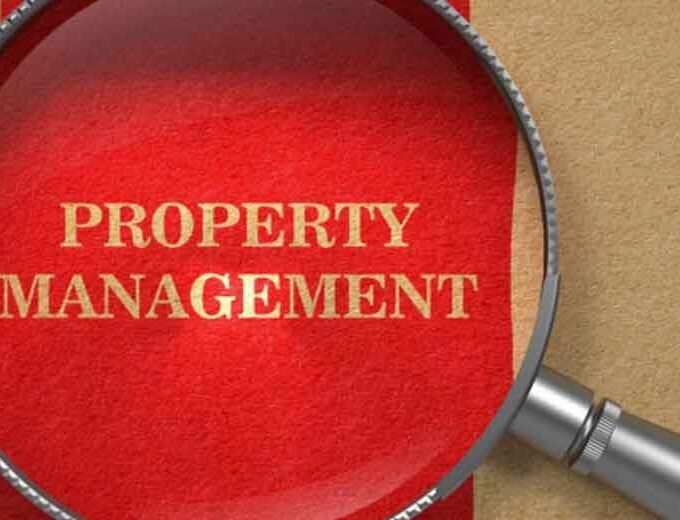Investing in commercial property can be a lucrative decision, but it requires careful consideration and thorough research. Before diving into this significant investment, it’s essential to understand various factors that can influence the success of your venture.
Here are five crucial things to know before buying commercial property.
1. Market Research Is Key
Before purchasing a commercial property, conducting extensive market research is essential. Understanding the local market conditions, including supply and demand dynamics, current rental rates, and vacancy rates, can help you make informed decisions. Identifying emerging trends and future growth potential in the area will also provide insight into the property’s long-term value.
Market research also involves analyzing the competition. Knowing who your competitors are and what they offer can help you position your property effectively. Additionally, studying the demographics of the area can provide valuable information about the types of businesses and tenants that would be interested in your property, ensuring you cater to the right market segment.
2. The Importance of Location
Location is one of the most critical factors in commercial real estate. A prime location can significantly impact the property’s value and attractiveness to potential tenants. Consider factors such as accessibility, visibility, and proximity to key amenities like public transportation, major highways, and business hubs. Choosing a location that aligns with the needs of your target tenants is vital.
For example, retail businesses often thrive in high-traffic areas, while office spaces may be more suitable in business districts. Industrial properties, on the other hand, should be located near major transportation routes for efficient logistics. It’s also important to evaluate the neighborhood’s safety and reputation. A property in a safe and well-regarded area is likely to attract higher-quality tenants and command higher rental rates. Consider future developments and urban planning in the area as well, as these can influence the property’s long-term value and appeal.
3. Financial Considerations
Understanding the financial aspects of purchasing commercial property is crucial. This includes not only the purchase price but also additional costs such as property taxes, maintenance, insurance, and utilities. Conducting a thorough financial analysis will help you determine if the investment aligns with your budget and financial goals. Financing options are another important consideration. Commercial real estate loans often have different terms and conditions compared to residential mortgages. It’s essential to shop around and compare offers from various lenders to secure the best financing terms.
Additionally, having a substantial down payment and a strong credit profile can improve your chances of obtaining favorable loan terms. Working with a commercial real estate appraiser is highly recommended to get an accurate valuation of the property. An appraiser can provide an unbiased assessment of the property’s worth, ensuring you don’t overpay.
4. Legal and Zoning Regulations
Navigating the legal and zoning regulations is a critical step in purchasing commercial property. Zoning laws dictate how a property can be used, and it’s essential to ensure that your intended use complies with these regulations. Zoning issues can affect everything from the type of businesses that can operate on the property to the potential for future development.
It’s advisable to consult with a real estate attorney who specializes in commercial properties. They can help you understand the legal implications of the purchase agreement, conduct a title search to ensure there are no liens or encumbrances on the property, and review any existing leases or tenant agreements.
5. Property Management and Maintenance
Effective property management is crucial for maintaining the value and appeal of your commercial property. Before purchasing, consider how you plan to manage and maintain the property. Will you hire a professional property management company, or will you handle it yourself? Each option has its pros and cons. A professional property management company can handle day-to-day operations, tenant relations, and maintenance issues, freeing up your time and ensuring the property is well-managed.
However, this comes at a cost, and it’s important to factor these fees into your financial planning. If you choose to manage the property yourself, be prepared for the responsibilities that come with it. This includes addressing tenant concerns, conducting regular maintenance, and staying on top of market trends to ensure competitive rental rates. Proper management is key to maximizing your investment and maintaining a positive reputation among tenants.
Conclusion
Purchasing commercial property is a significant investment that requires careful planning and consideration. With the right approach and professional guidance, investing in commercial real estate can be a rewarding venture that offers long-term benefits and growth opportunities.
















